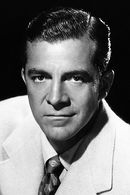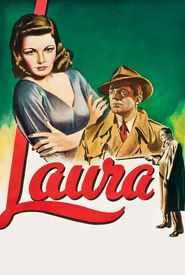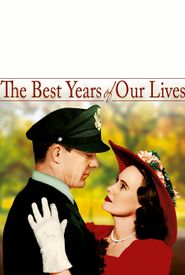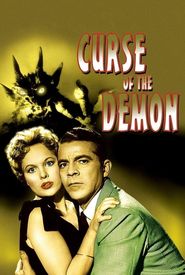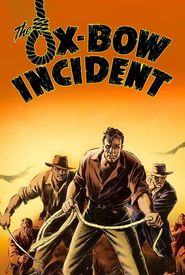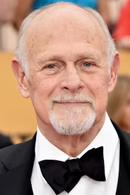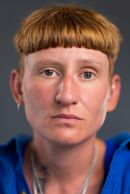Carver Dana Andrews, a renowned American leading man of the 1940s and 1950s, was born on New Year's Day in 1909 on a farmstead outside Collins, Covington County, Mississippi, to Annis (Speed) and Charles Forrest Andrews, a Baptist minister, and was one of thirteen children, including fellow actor Steve Forrest.
Andrews studied business administration at Sam Houston State Teachers College in Texas, but instead of graduating, he took a bookkeeping job with Gulf Oil in 1929 at the age of 20. Two years later, he hitchhiked to California, hoping to pursue a career in acting, and worked a series of odd jobs, including driving a school bus, digging ditches, picking oranges, working as a stock boy, and pumping gas, all while trying to break into the movies.
Andrews' employer at a Van Nuys gas station believed in him and agreed to invest in his acting career, asking to be repaid if and when he made it as an actor. Andrews then studied opera and joined the Pasadena Community Playhouse, a renowned theatre company and drama school, where he appeared in scores of plays throughout the 1930s, becoming a favorite of the company.
He played opposite future star Robert Preston in a play about composers Gilbert and Sullivan, and soon thereafter was offered a contract by Samuel Goldwyn. However, it took two years before Goldwyn and 20th Century-Fox put him in a film, and his early roles were mostly secondary in top-quality pictures such as The Westerner (1940) and The Ox-Bow Incident (1943).
Andrews' breakthrough role came in the hit film Laura (1944),followed by a starring role in The Best Years of Our Lives (1946),which made him a star. He went on to work with renowned directors such as Otto Preminger, Fritz Lang, William Wyler, William A. Wellman, Jean Renoir, and Elia Kazan.
However, Andrews' career declined in the 1950s and 1960s, and he slipped into a steady stream of unremarkable films, which were often marked by his increasing alcoholism. He took steps to curb his addiction and became an outspoken member of the National Council on Alcoholism, who decried public refusal to face the problem.
Andrews was also a vocal critic of the degradation of the acting profession, particularly actresses doing nude scenes just to get a role. He was elected president of the Screen Actors Guild in 1963, serving until 1965, and retired from films in the 1960s.
In his later years, Andrews lived quietly in a modest home in Studio City, California, with his second wife, actress Mary Todd. He suffered from Alzheimer's disease and spent his final days in a nursing facility before passing away in 1992 at the age of 83 due to congestive heart failure and pneumonia.
